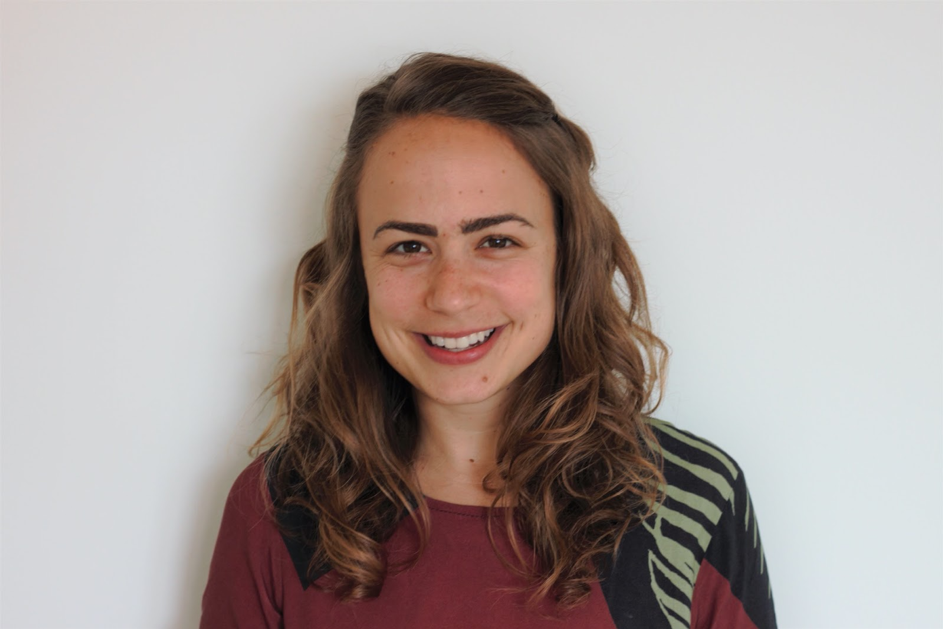A visionary outlook into the life of a migrant in 30 years from now. One of many possible thought provoking futures to be considered.
Kenya, Thursday, 24 May 2050. After many years abroad, Somali-born Rose feels like a completely different person as she unpacks her moving boxes. They have finally arrived – after six long months of shipping – in Kenya, the country where she grew up in. She remembers packing them more than half a year ago in Geneva, where she worked for the UN for over a decade. Her thoughts drift away to her journey, a story of moving around the globe.
In her mid-twenties, she was lucky to be awarded a scholarship to move to Boston in the United States to study law, specialising in human rights. She established good relationships with her fellow students and colleagues, who made her feel comfortable living in the US. However, she struggled a lot to find a summer internship and felt this happened because she was an „outsider“ coming from a different background, compared to the mainstream US/Western law students.
As she could not find a job for a long time, she decided that during her free time she would volunteer in an NGO which empowered migrants and refugees in the US. There, she was working directly with immigrants, helping them to gain access to the education system. With the help of her own personal experiences of leaving her country behind, she was able to provide useful support making her feel fulfilled with her wolk. This was the moment she realised that she had found her purpose in life.
Thanks to her high grades and great commitment as a volunteer, she managed to land a job in the “Power Migrants NGO” after having finished her studies. It was during this time of deep and personal contact with immigrants that she whole-heartily grasped the importance of access to education for migrants, motivating her to dive deeper into the field of „basic education“.
Education also brought her to Geneva. When she was sent to Switzerland’s largest French-speaking city for a human rights training, she met a friends’ friend from Somalia who told her about this intriguing position working directly with youth migration at the UN. She applied and got the job and spent over 15 years in the multinational organisation working on several different projects related to migration. Rose experienced projects from migrants mobility, to human rights protection, migrants development as well as cultural and educational inclusion.
Missing the front-line work, the direct contact to people, she founded her own “Circle of Life” NGO. Considering that migration happens for different reasons, by 2050 climate change is by far the number one. Rose created special programs, trying to help poor people affected by the changing environment. Ironically, at the same time, digital nomads are an established norm nowadays, allowing many to travel while working – at the cost of the environment and less privileged people. The slow mixing of boundaries and cultures lead to people transitioning from being citizens of a country to citizens of the world. The word migration thus no longer carries the same meaning and weight as it once did in 2021.
Rose’s three children grew up in the digital nomads age, where they, already as kids, did not identify anymore with one culture, but were immersed and surrounded by far more cultures than Rose and her Somalia-born husband Assad were surrounded with when they were young. When the family decided to move back to Kenya in hopes of allowing their children to connect with their roots, the children had already viewed themselves as citizens of the world, rather than being swiss-kenyan-somalian. They hence could hardly understand their mother’s stories of homesickness.
During all this time working closely with migrants, Rose experienced great changes. While for her the connections with her roots were made physically, being in the country where she was raised, for the new generations the roots are not associated with a location, but rather with traditions and culture. Countries, borders, residence permissions don’t have the same meaning as they did at the beginning of Rose’s career. The new generations don’t face the difficulties of adapting to a new country, now the main challenge is to stay connected to their roots and be able to pass the origins forward to the next generations.
Photo by Craig Philbrick on Unsplash





